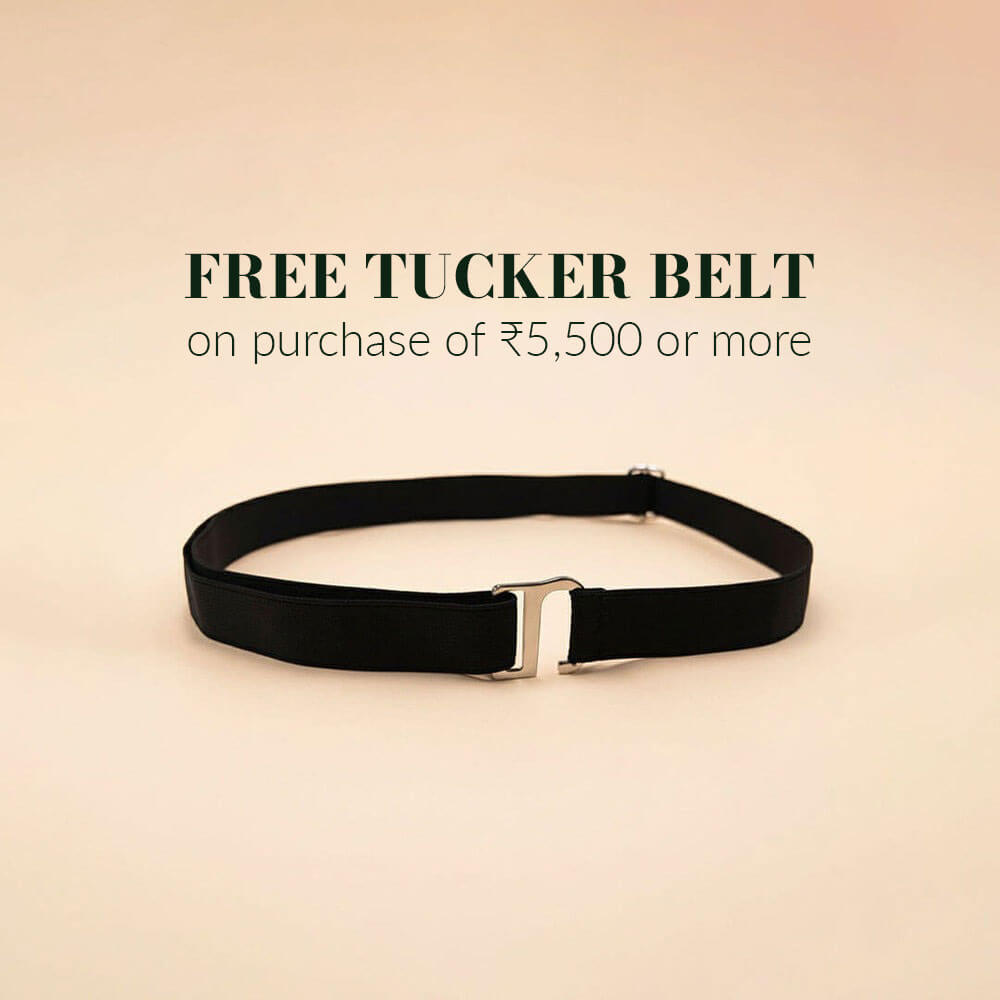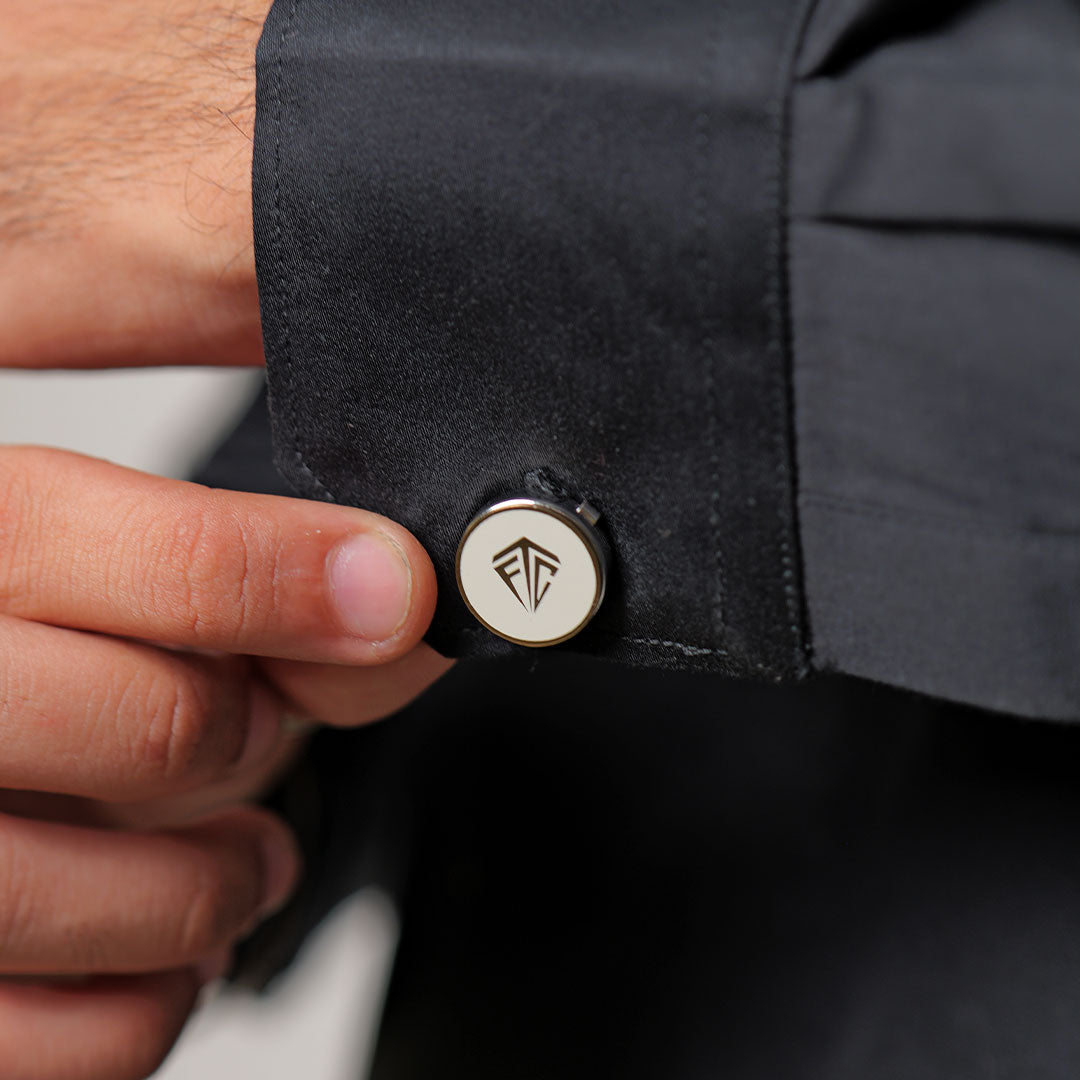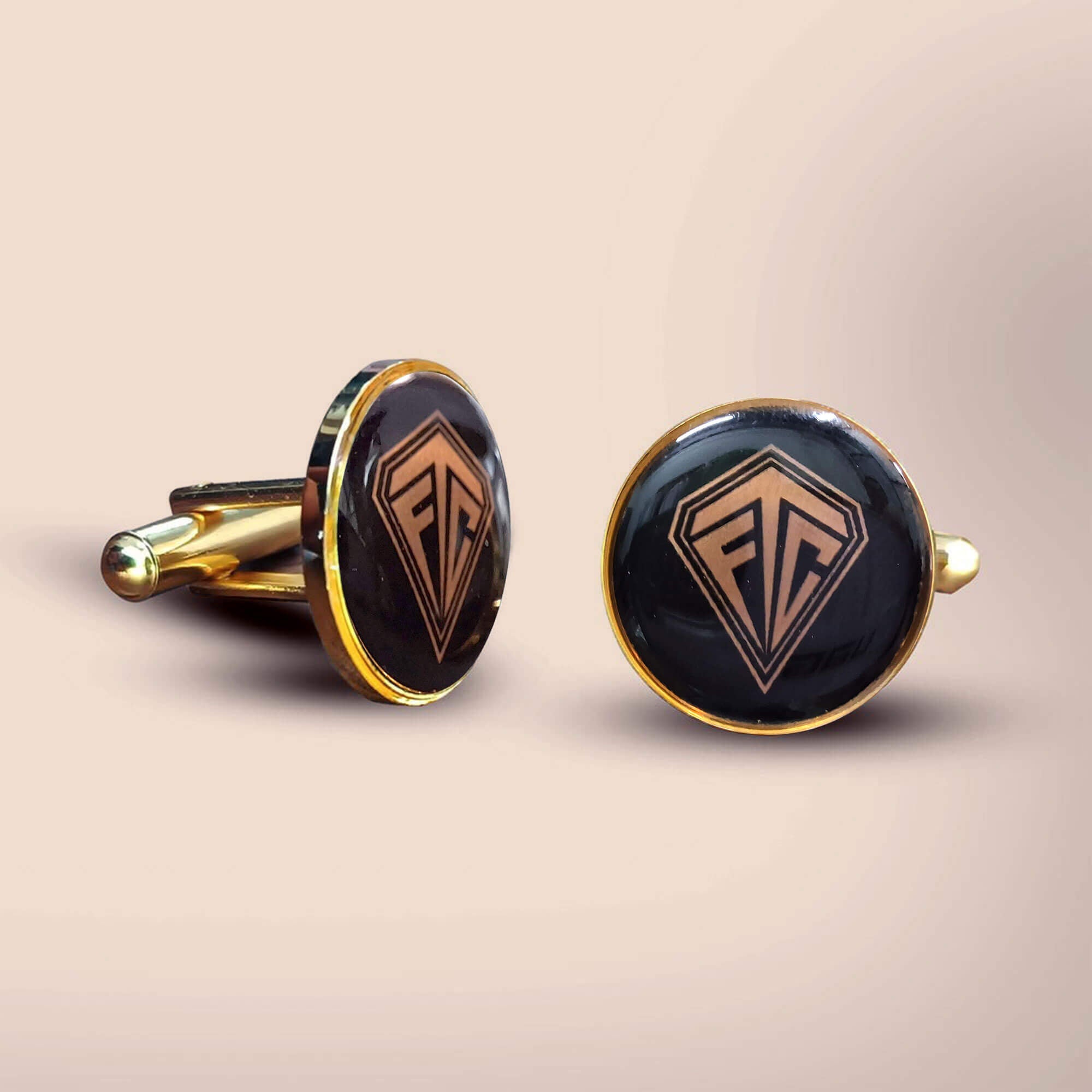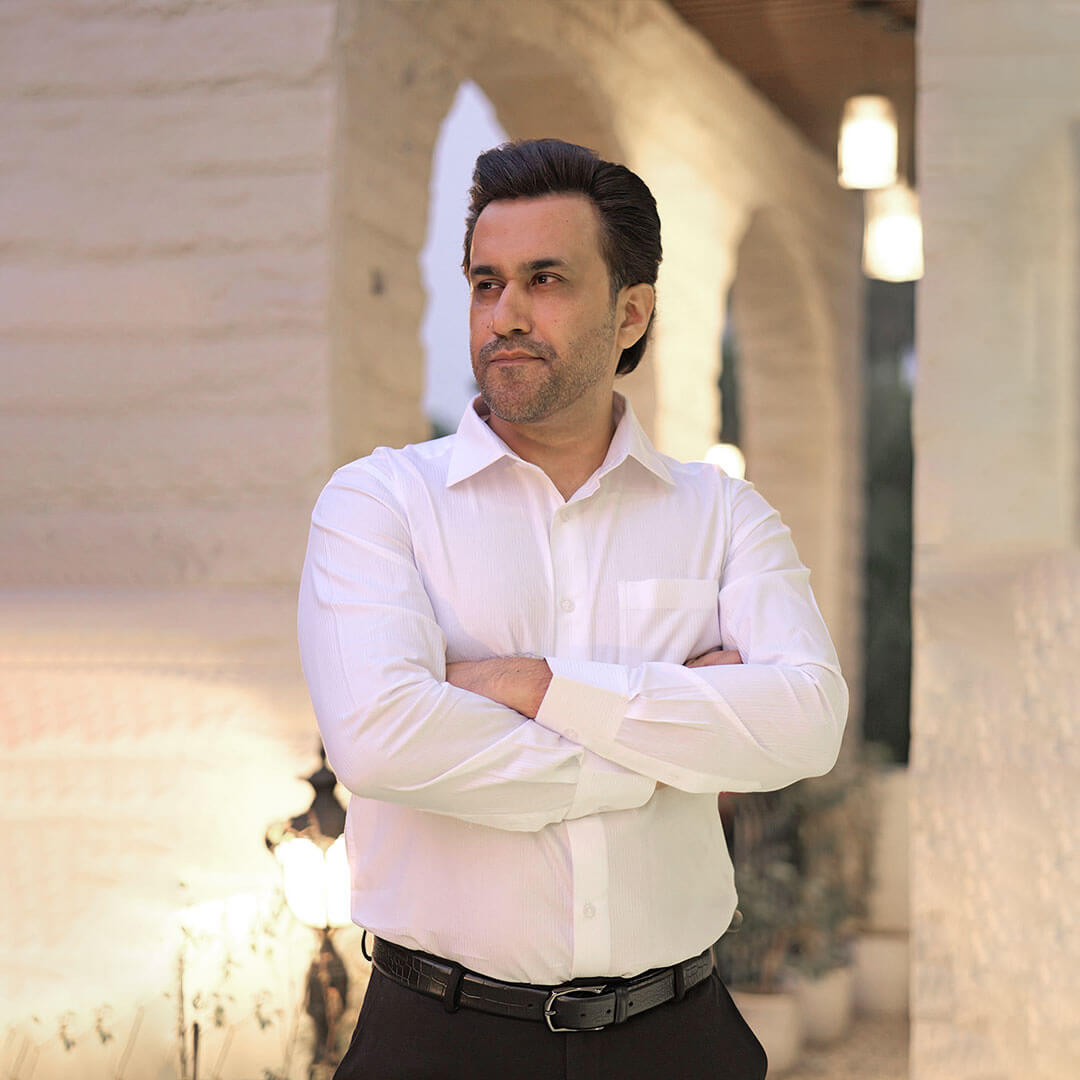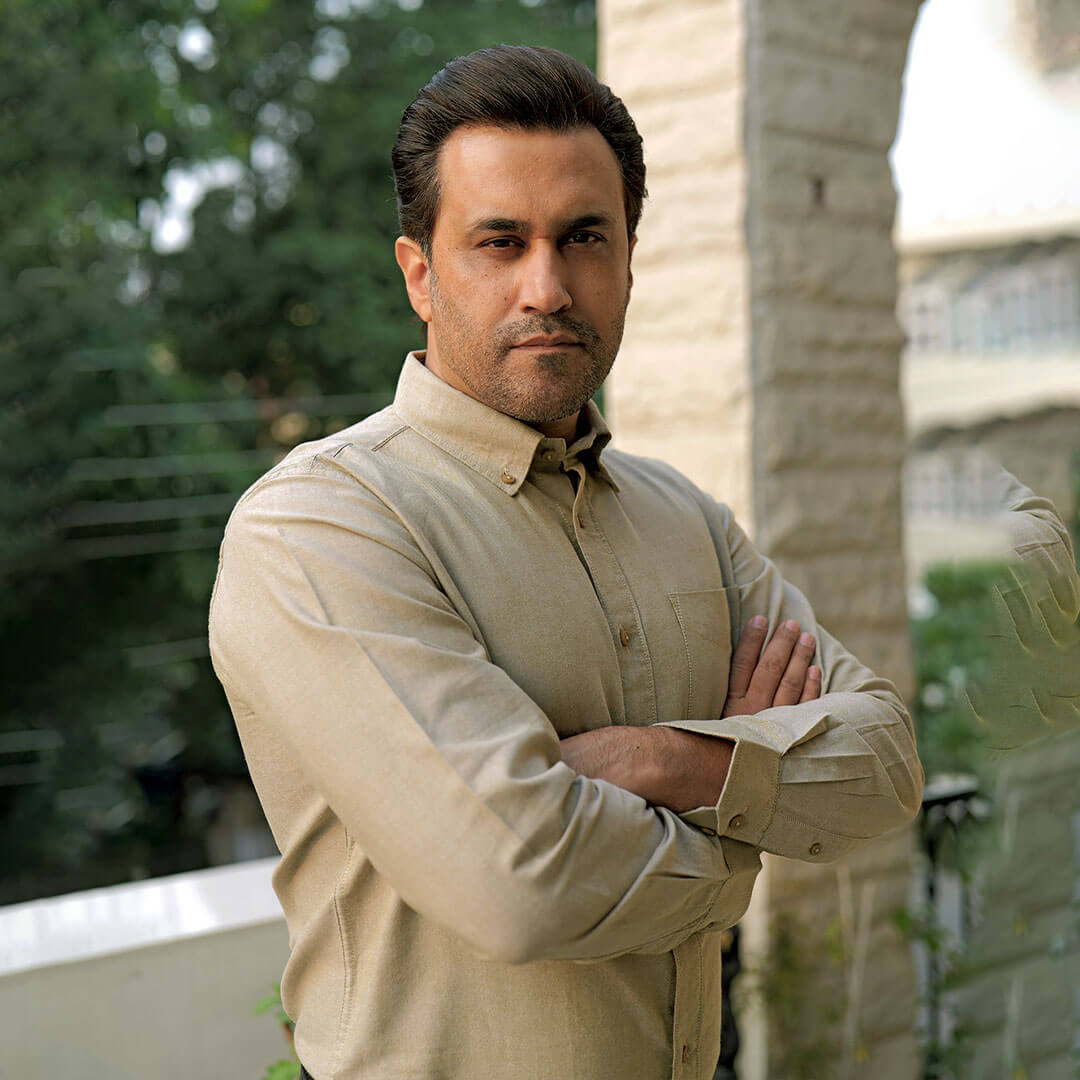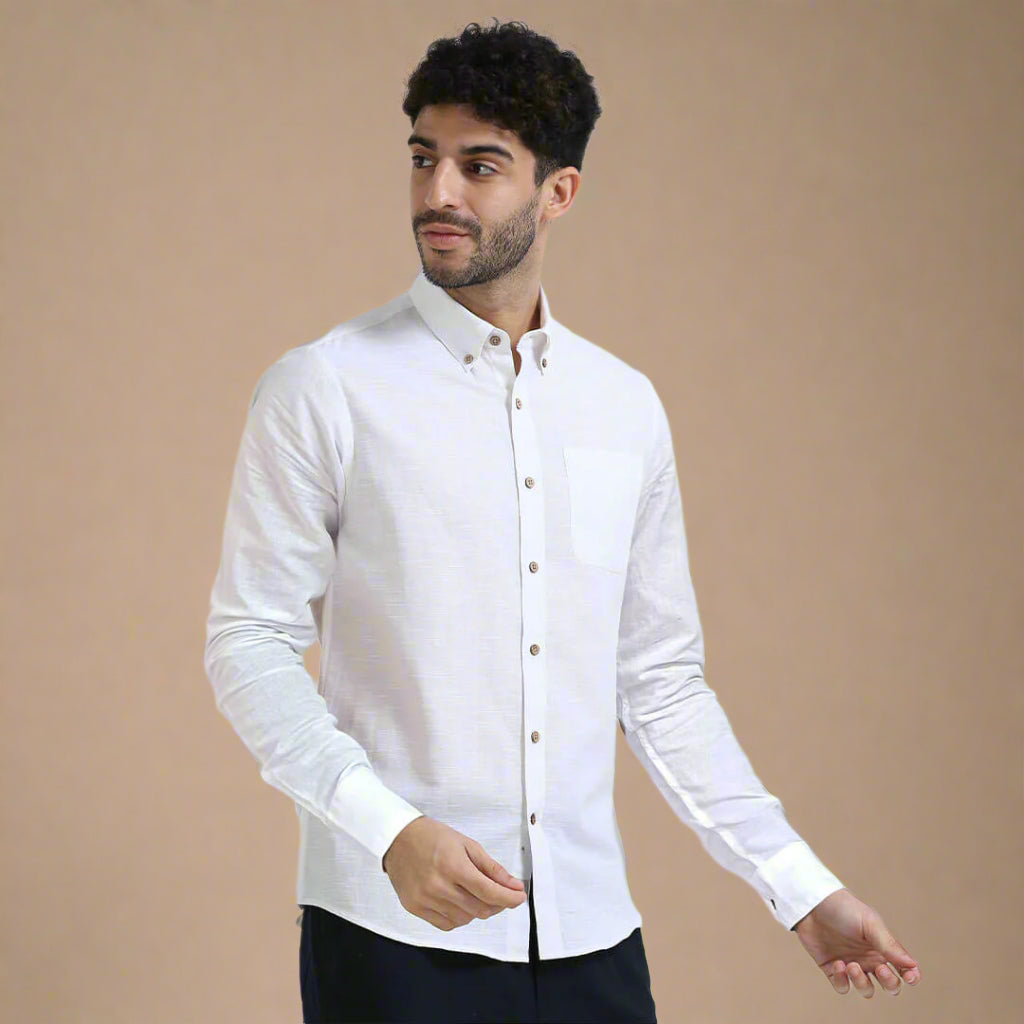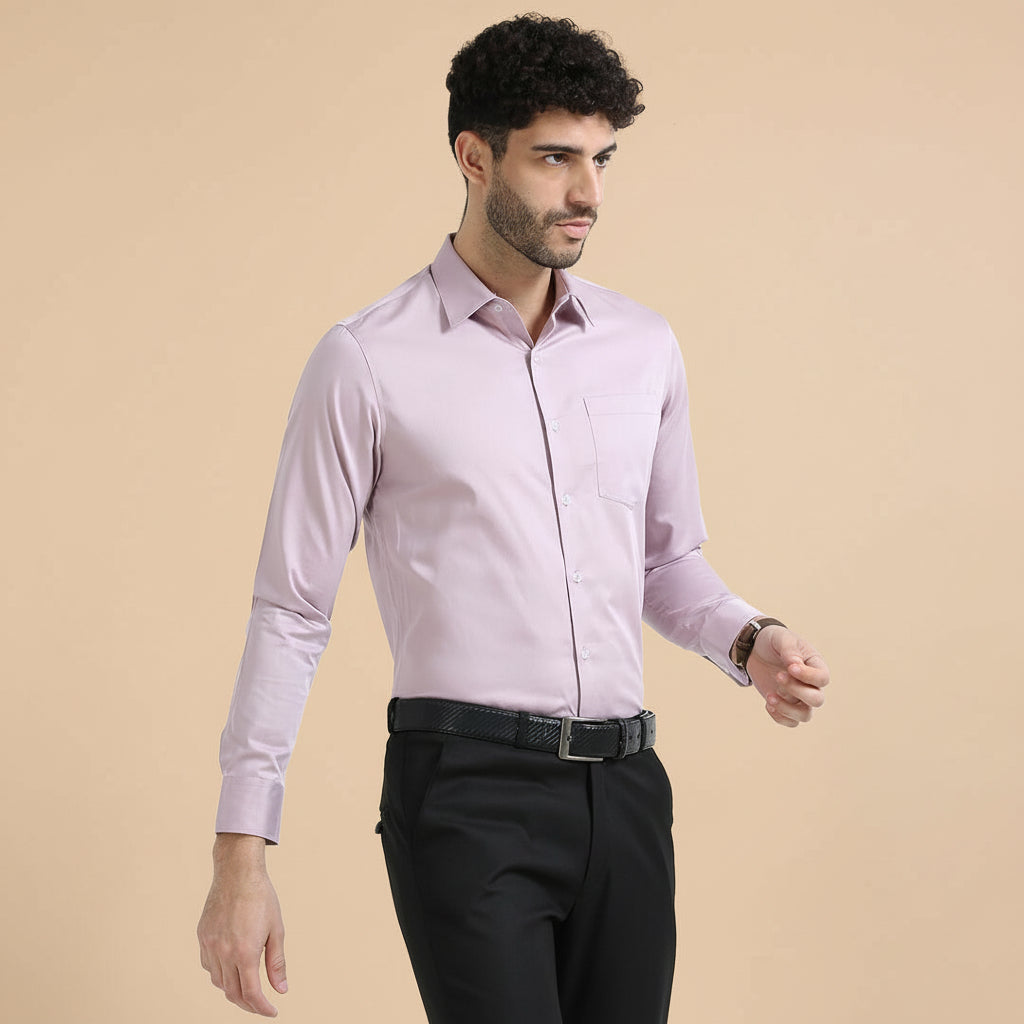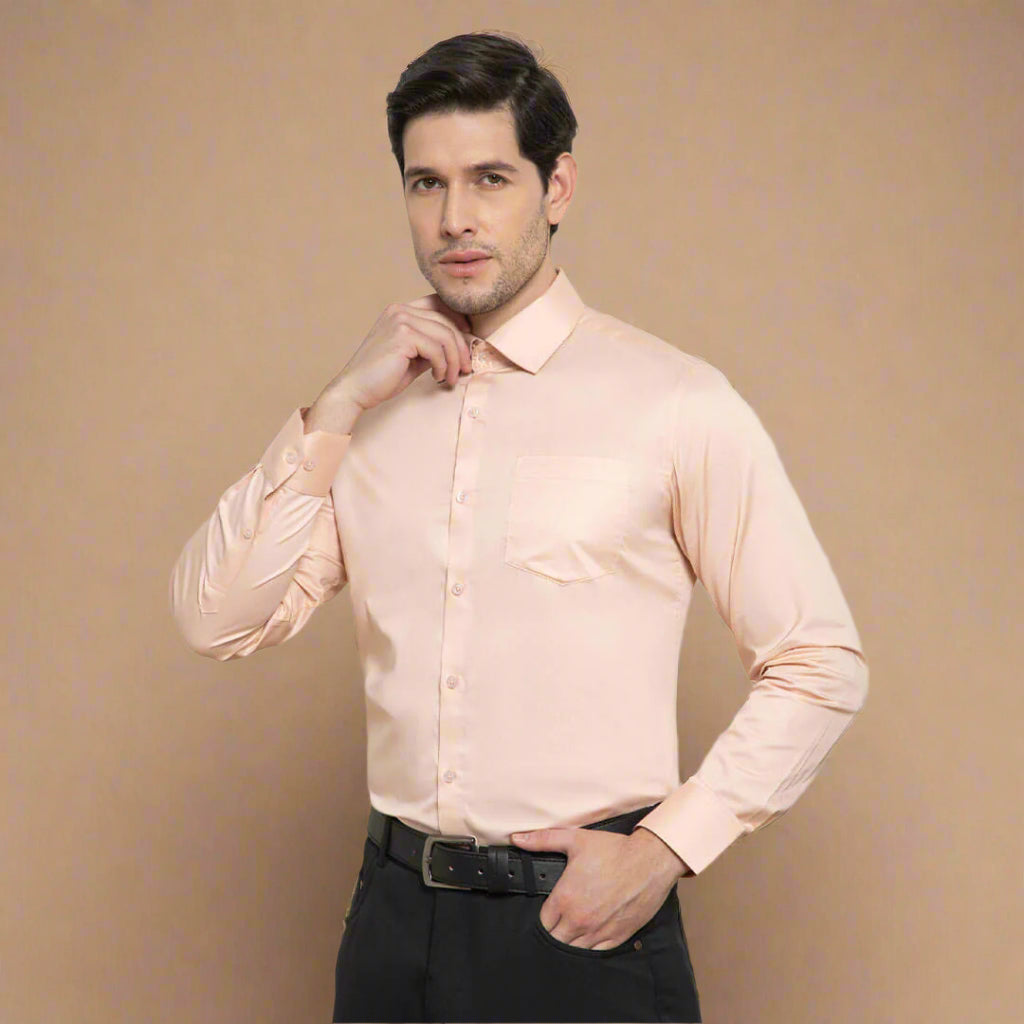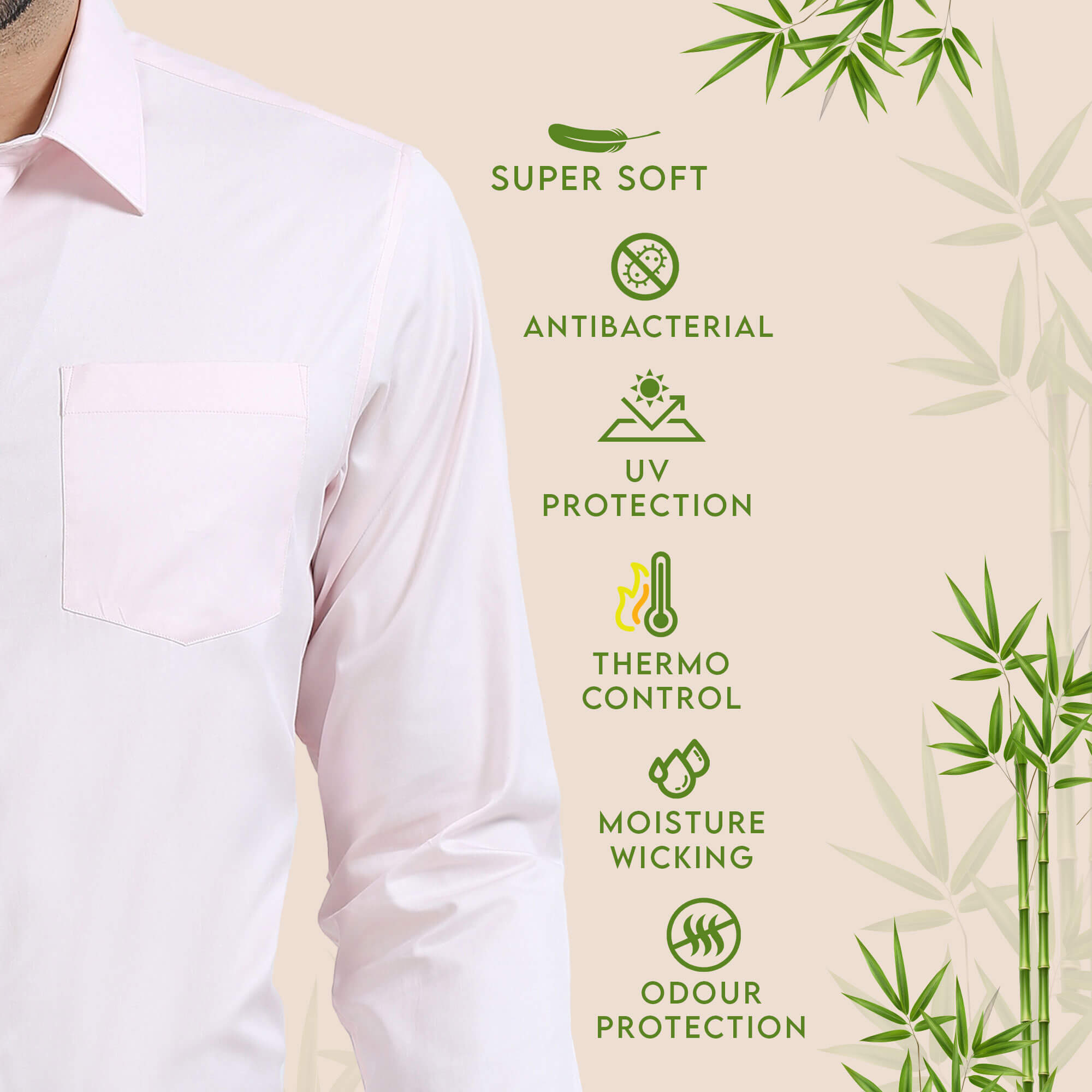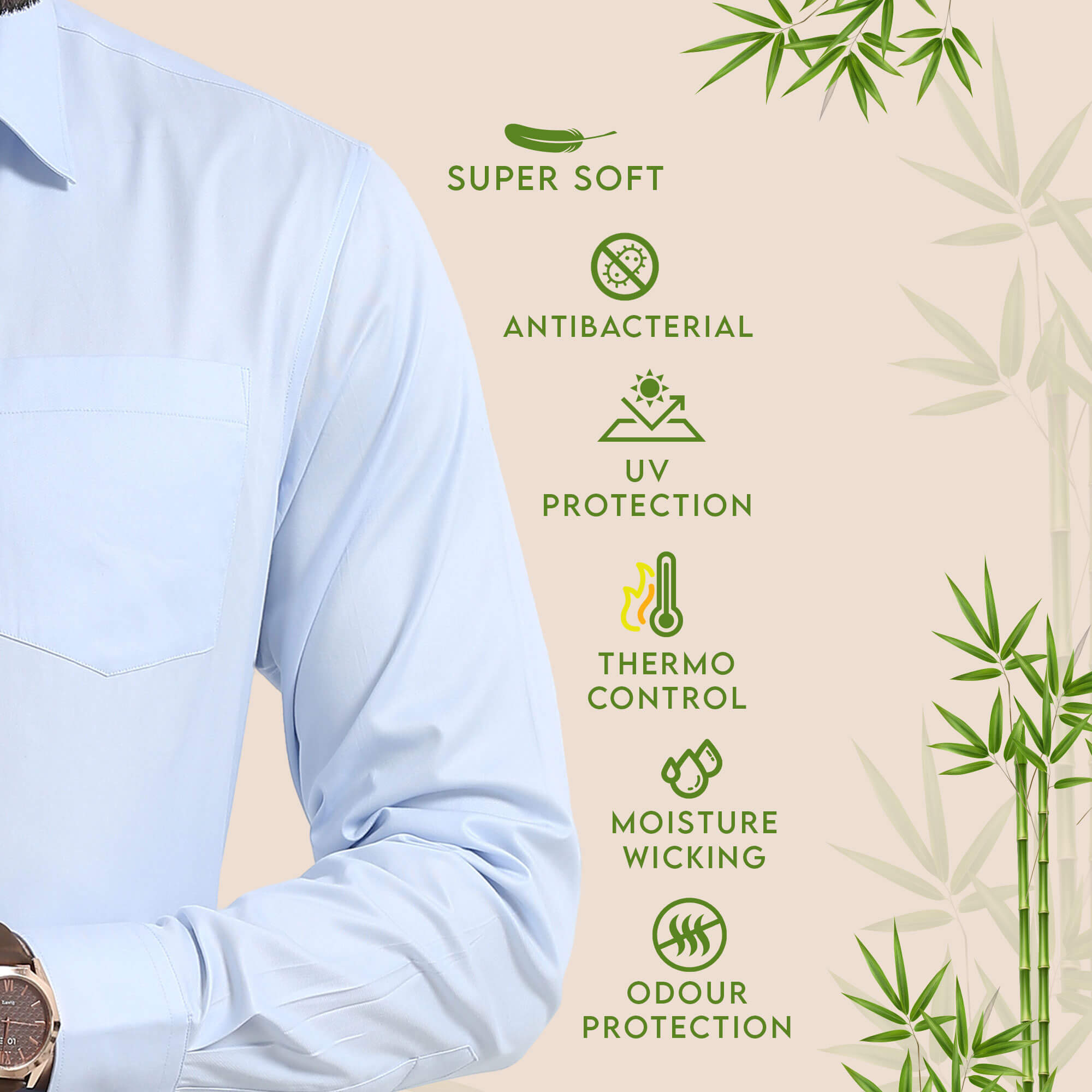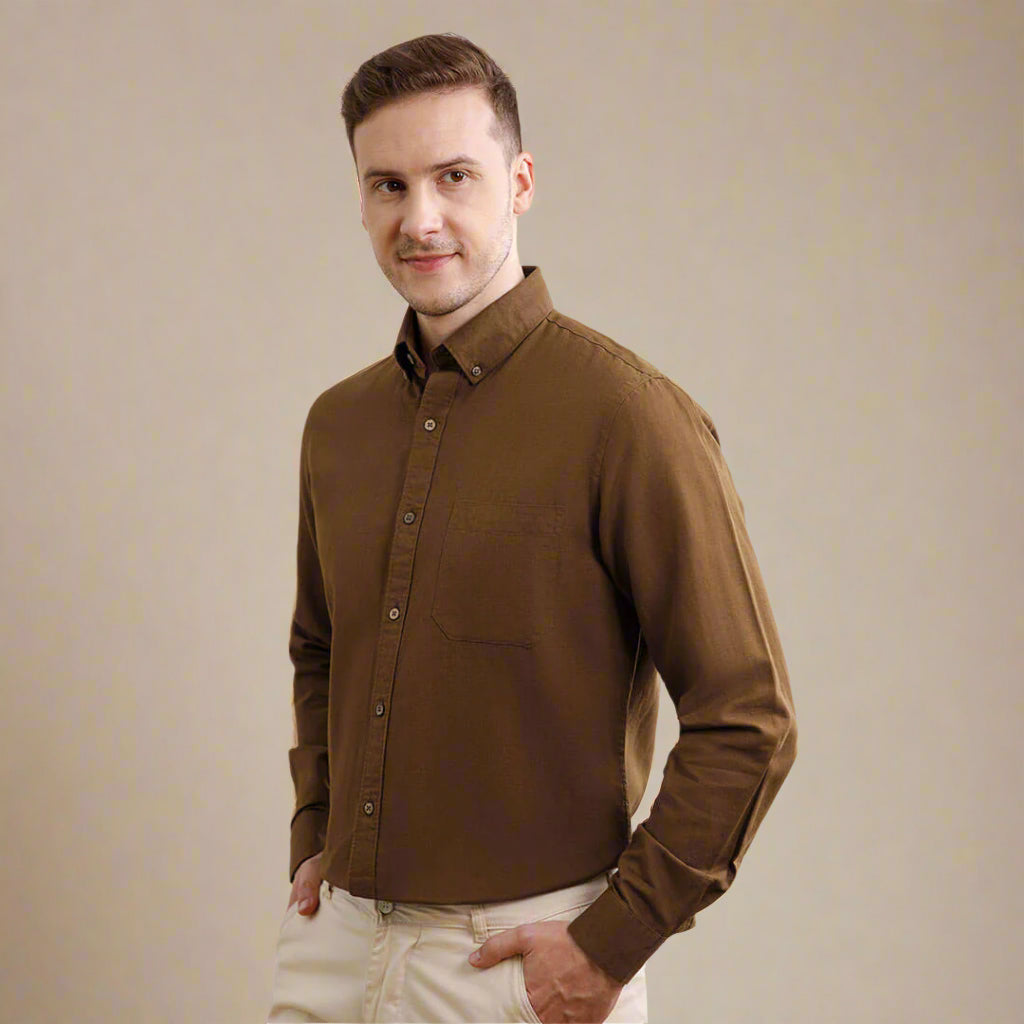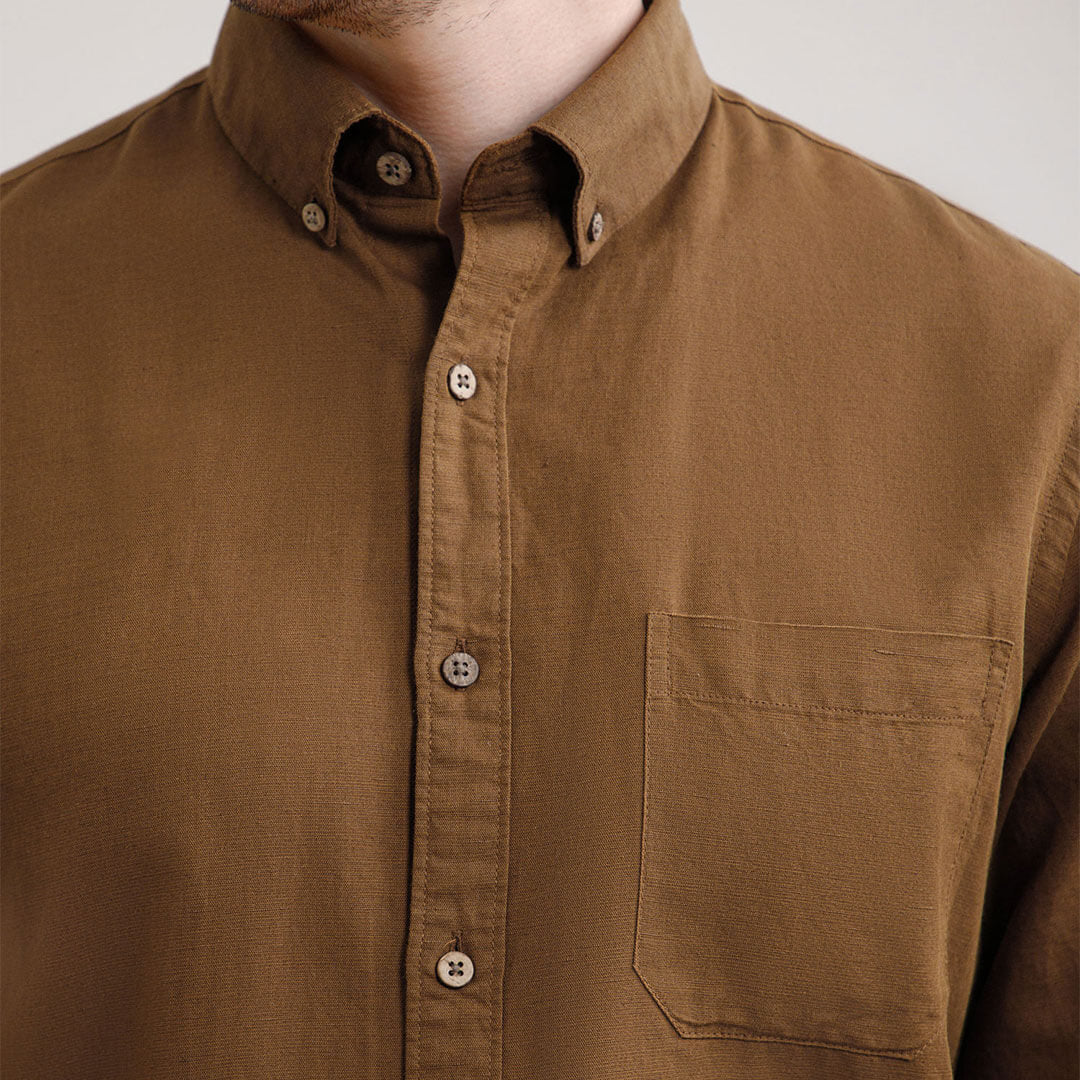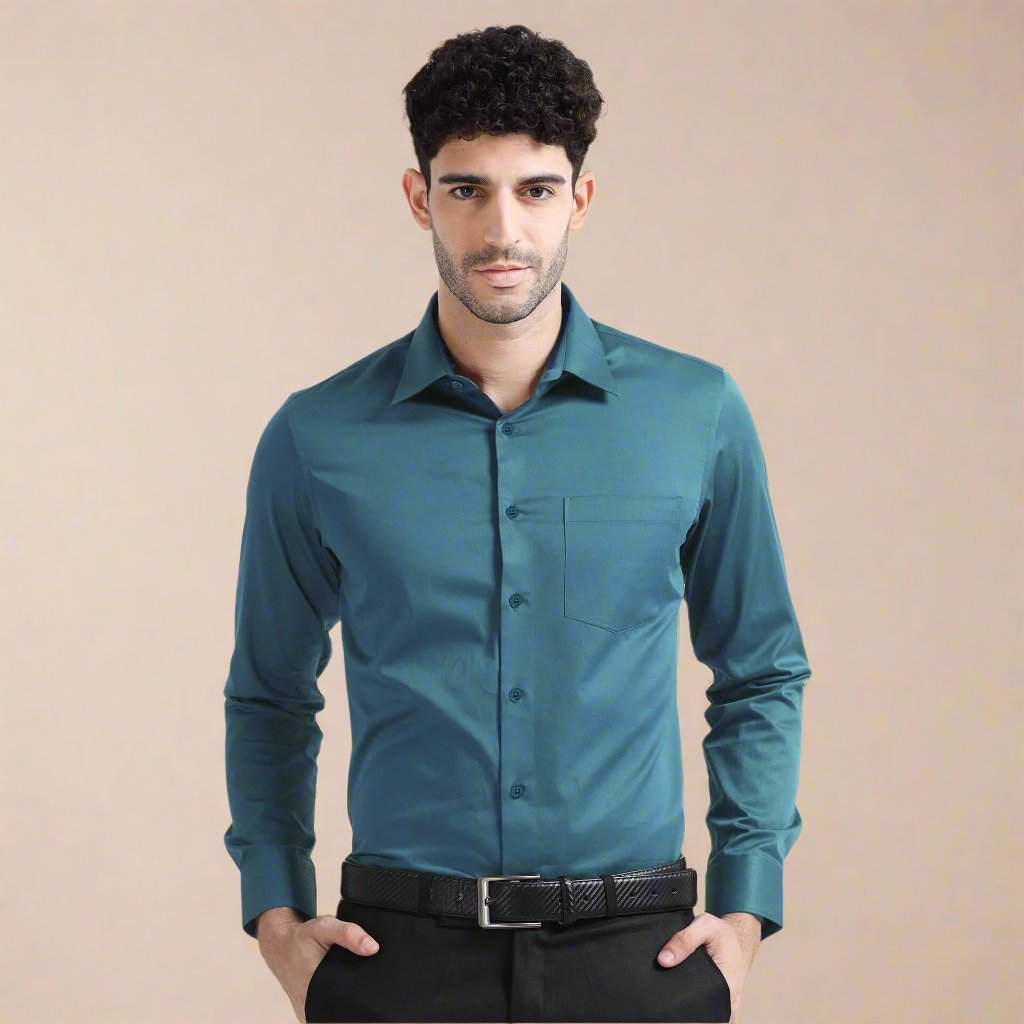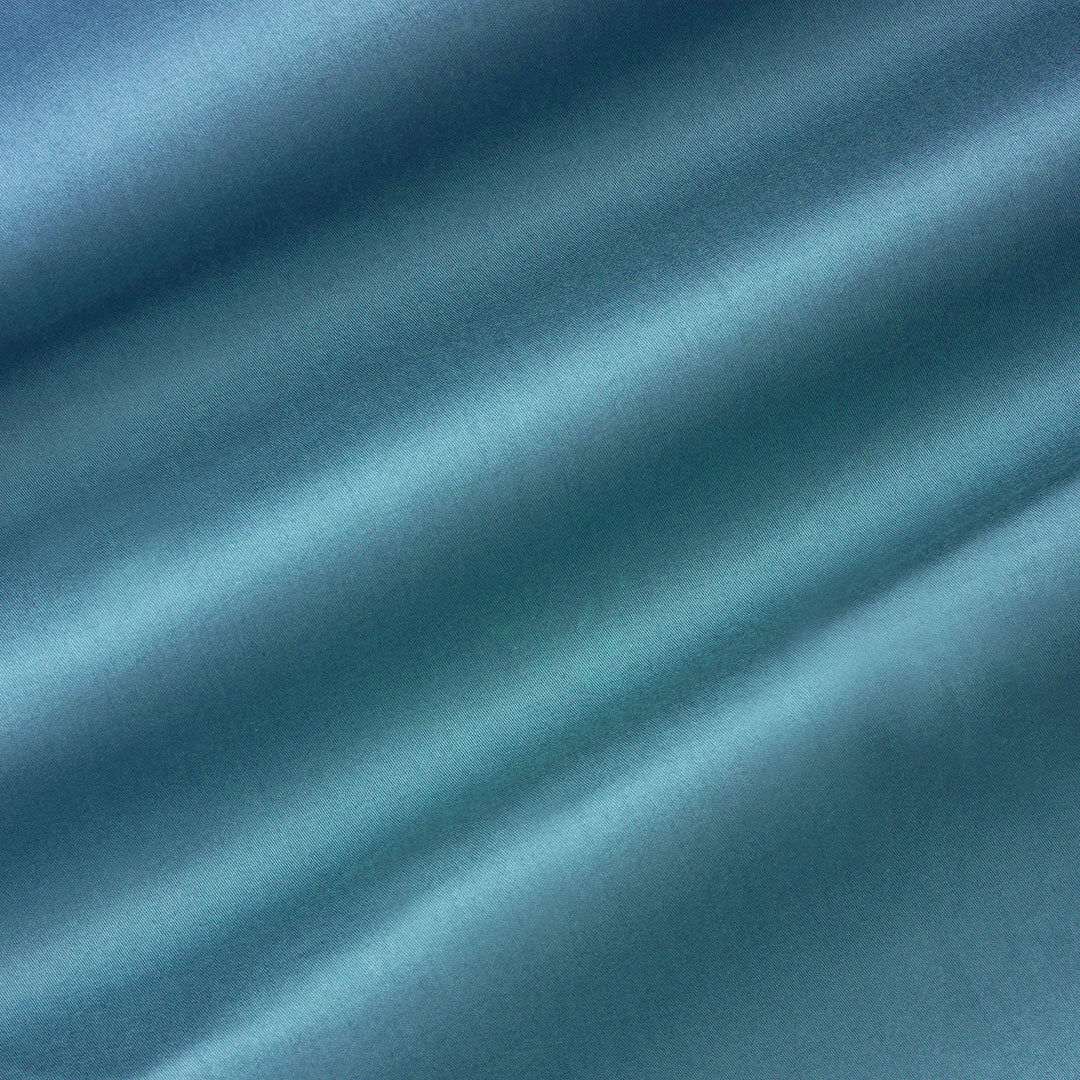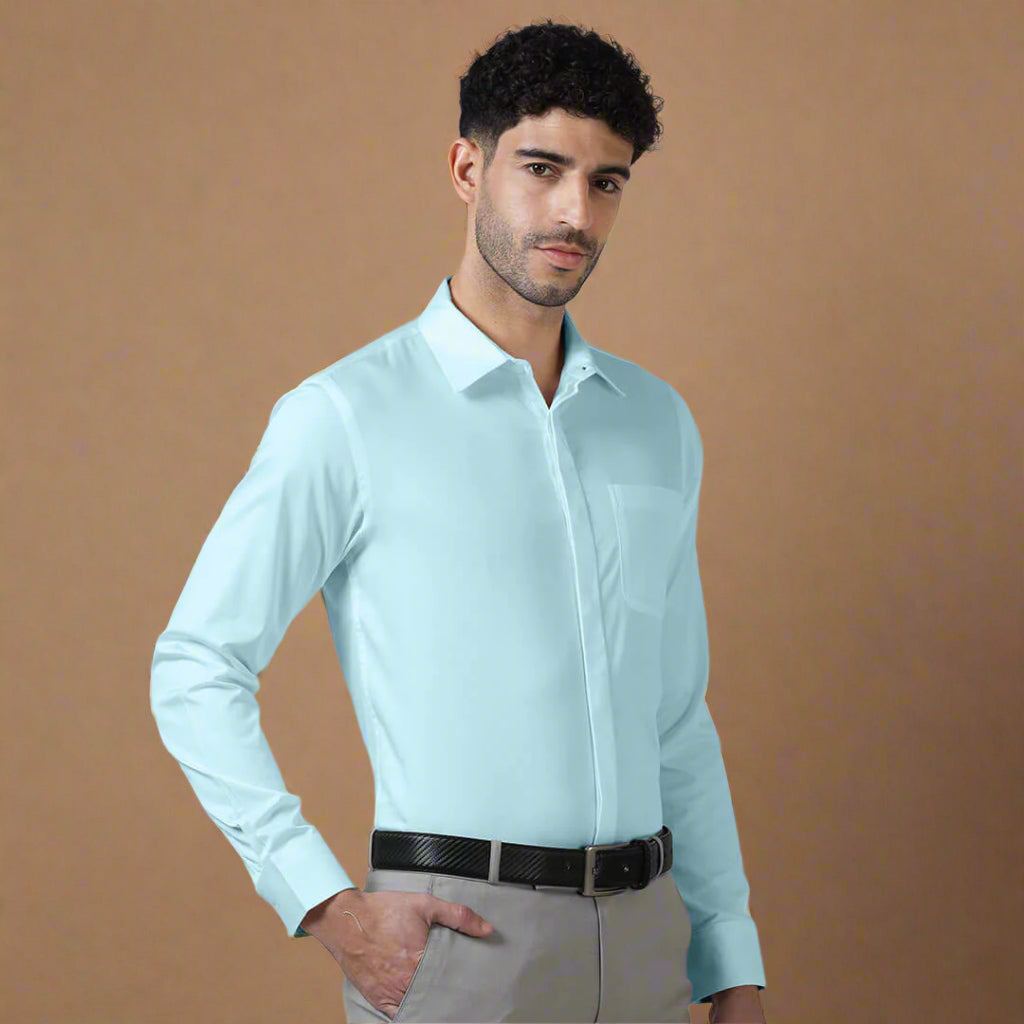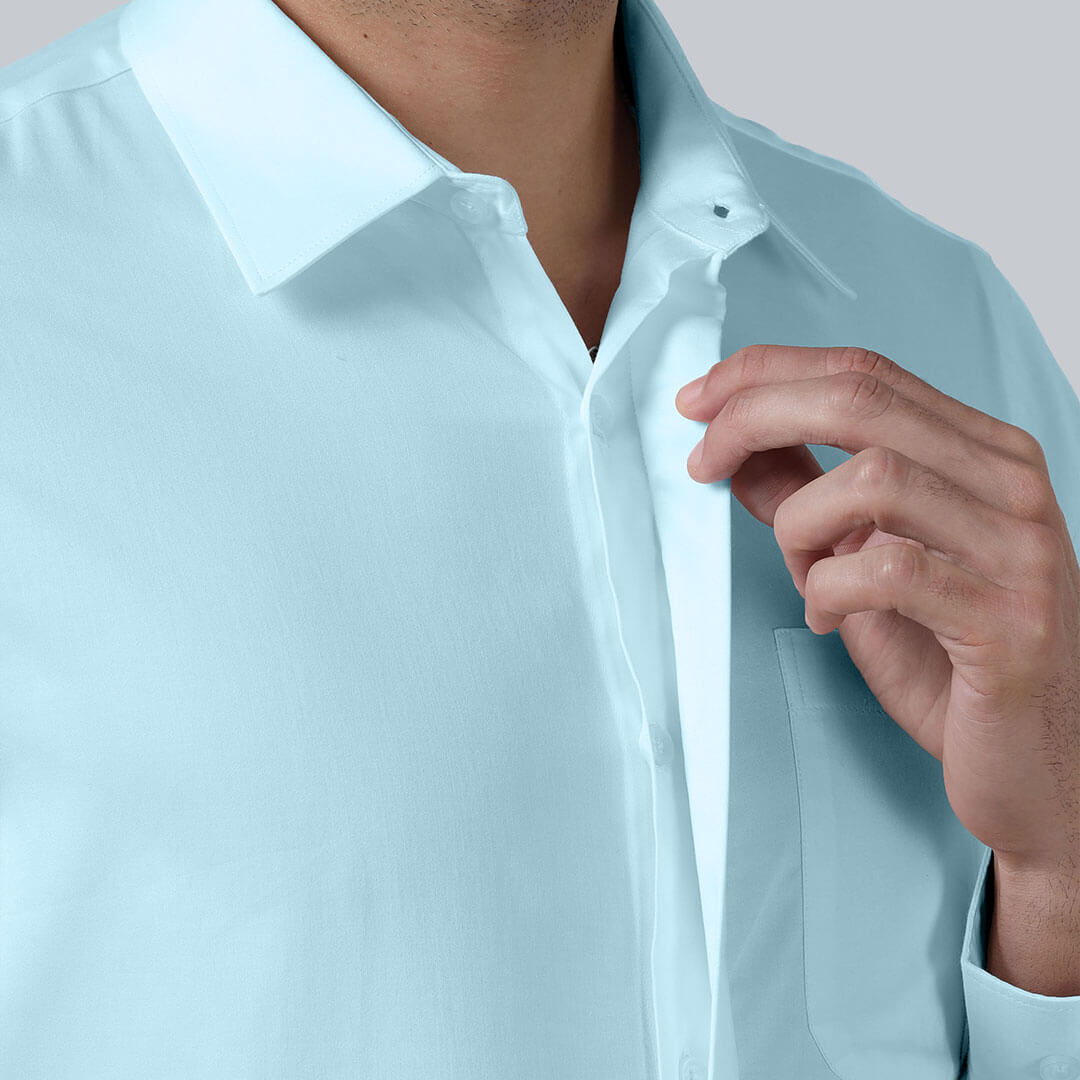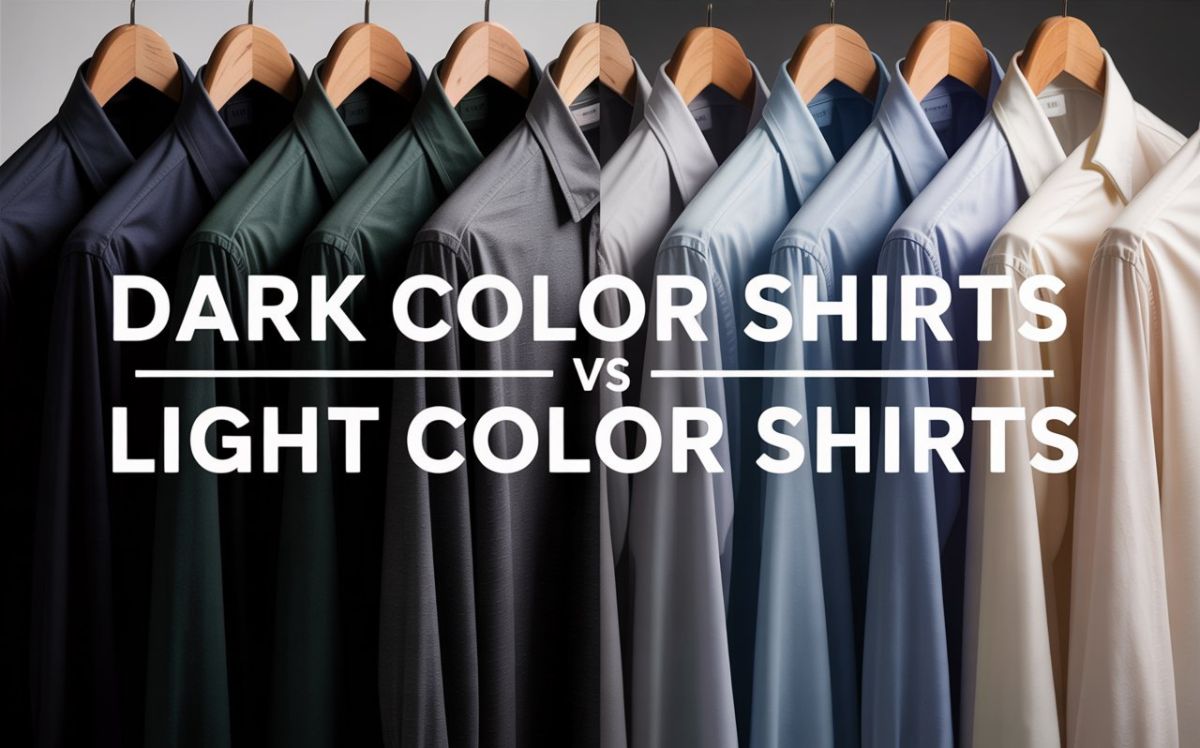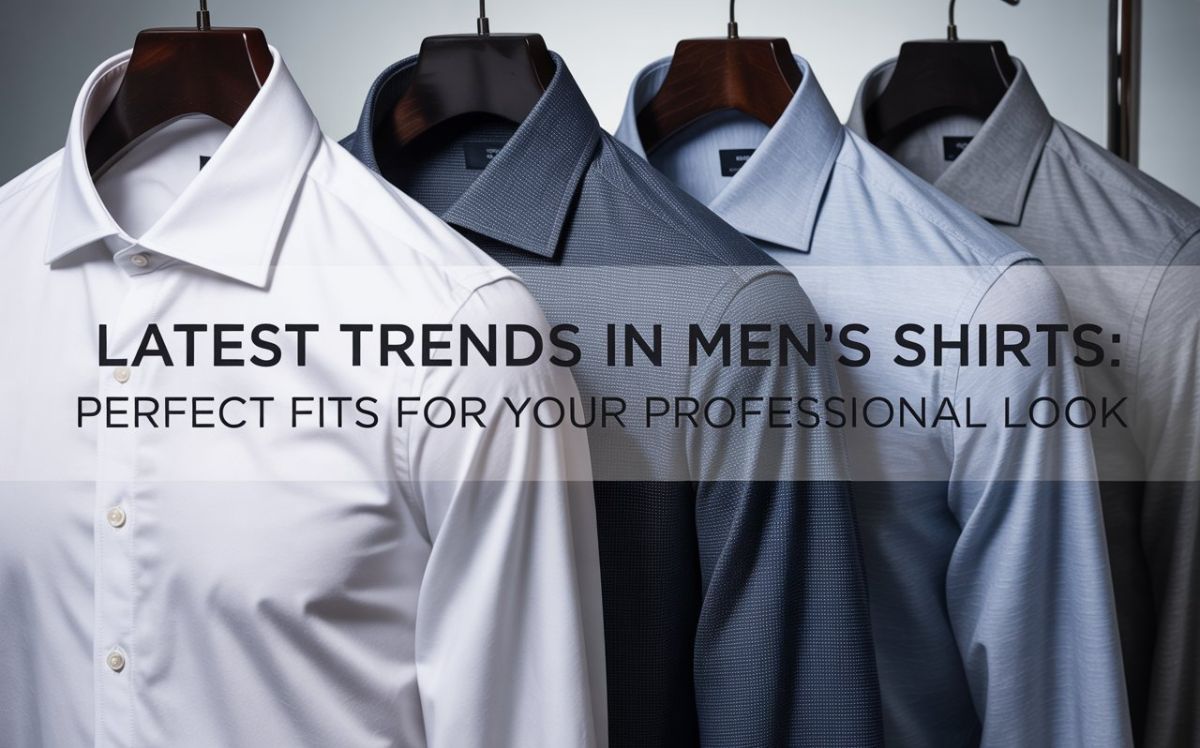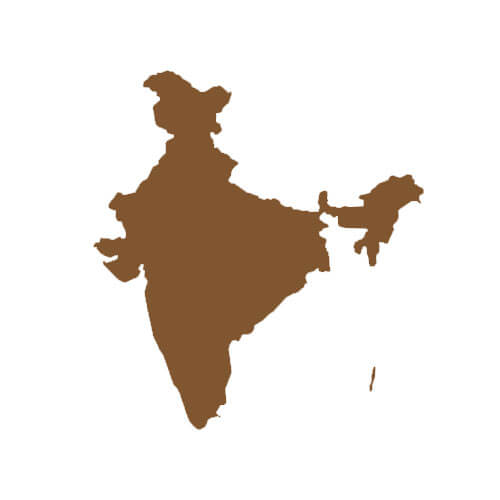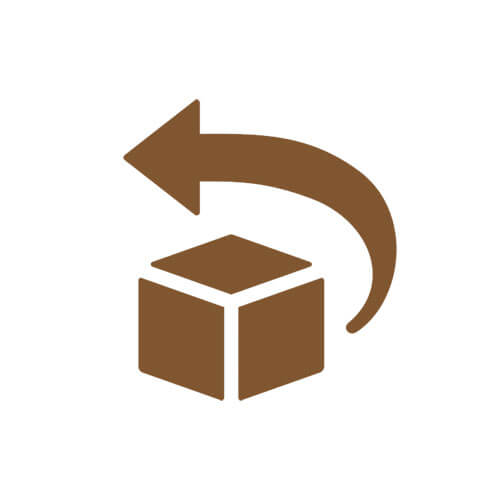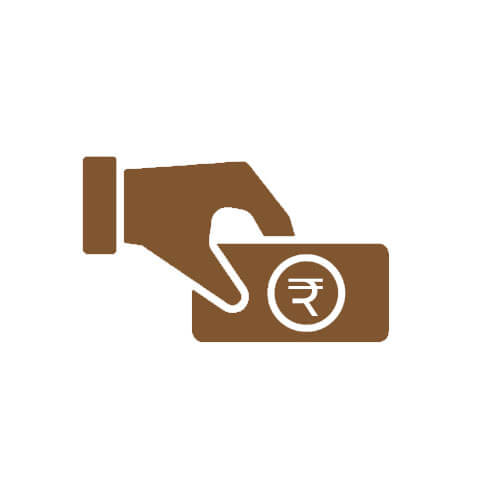Bamboo Fabric Shirts: How Ethical and Eco-friendly Are They?
The Bat stands tall, his Batcomputer running through research at an astonishing pace. Tim Drake is also put to the task, looking at minute details, trying to weed fact from fiction. What for? Is it the Joker? Or the Riddler?
No, they are trying to see if the bamboo fabric shirt Bruce wants to buy is actually sustainable.
It has no certifications, which means it could make a fool out of the best detective of Gotham, or it could be the real deal. This is murky dangerous territory, however lucky for you, we have information on the topic.
But first, a little introduction to the problem itself.
With fast fashion declared as one of the top polluting industries contributing to rapid climate change, thus making Earth uninhabitable for humans, people are turning to more sustainable alternatives. While many choose to reduce consumption, some have picked recycled fabrics and yet others have decided to go for ethically made eco-friendly clothing. One such fabric that the sustainable fashionistas have championed is bamboo fabric.
Sure the fabric does have numerous benefits which we will share through this blog. Yet, one must be cautious when purchasing bamboo fabric, because rampant greenwashing is a beast that thrives in the bamboo industry, fed by the good intentioned but uninformed naïve consumer.
From labour rights violation to toxic chemical processing of bamboo to turn it into fabric, unsustainable bamboo fabric is a phantom menace. Hence, we either need the detective skills of the Bat himself, or, the imperfect solutions we will share towards the end of the blog.
Right after we share the benefits of bamboo fabric shirts with you. After all, you don’t need the solutions we share if you don’t want to buy the shirt.
Eco-friendly Benefits of a Bamboo Fabric Shirt
Not only is bamboo grass fast-growing without need of fertilizers or pesticides, it also self-regenerates, making it an effective cash crop and also a host of benefits for Planet Earth, ifcultivated sustainably. This includes a lot, from preventing soil erosion to carbon sequestering. Yet, why popularize it as fashion when that can run the risk of increasing monoculture and destruction of local economies by brands that want to greenwash consumers?
Well,
- Non-rayon bamboo fabric shirts gets softer with each wash, making it a good material to reuse, especially for those hot summers. Reduce and reuse go hand in hand and with a material that gets better with each use, these eco-friendly practices become easier to turn into a lifestyle.
- The fabric is strong and durable, thus lasting for a while and reducing the need for new shirts.
- Bamboo fabric shirts are biodegradable and one formal bamboo fabric shirt takes around 1/3rd of the water that a cotton shirt requires to make, saving around 2000 Litres of water. Enough water to last 14.8 Indian cities.
Keep in mind that these are the benefits of bast bamboo fibre or bamboo linen alone. Bamboo rayon has been treated too much chemically for anyone to say with surety whether it has any of the qualities of bamboo.
Now, I can see some of you asking why should you invest in a bamboo office shirt beyond sustainability?
Well, because:
- It protects you from UV rays better than cotton or linen.
- Highly water absorbent it makes summers a breeze, and…
- It feels good on the skin.
What else do you need to look for in your sustainable formal shirts?
Sure, it can wrinkle easily but that’s solved in a jiffy with an iron and ironing bamboo doesn’t require all that much electricity either, according to some. Despite the anti-ironing campaigns that are starting these days.
That means bamboo fabric shirts are eco-friendly and ethical right? Why is the Bat so tense then?
Because like everything in sustainability, bamboo comes with a lot of nuances. Like the fact that many ways to make bamboo fiber are not all sustainable.
Potential Environmental and Labour Rights Issues with Bamboo Fabric Shirts
If made using chemical retting, even bamboo linen can be extremely dangerous to the planet, as it releases toxins. Water retting uses large amounts of water and energy, and may contribute to eutrophication. The process can also be toxic to workers. While it is possible to crush bamboo into a paste and use natural enzymes to break it down, even though that isn’t always 100% sustainable.
Yes, when the fibers are combed and spun into yarn, it has minimal environmental impact but if the companies try to bleach the bamboo fabric, it creates pollution all over again. This process creates expensive and slightly coarse bamboo linen which requires high labour. Chemically made bamboo, called rayon, is “cooked” in a mixture of chemical solvents, such as sodium hydroxide, lye, and carbon disulfide. No wonder we said it's toxic.
Now we know that chemically treated bamboo fabric can be bad for people, the planet, and marine life.
Hence, experts suggest that you go for organic and fair-trade certified bamboo fabric, which uses a closed loop system if it is making rayon. Such rayon is called Lyocell Rayon. Currently, Lyocell is an Austrian company though, which means you are paying in international currency, and is that accessible to everyone? Let's not even count transport emissions, though many say those are emissions which don't have much of an impact as multiple items are shipped at a go ...except air freight and ships still take energy.
Another suggestion by experts is to try and buy bamboo fabric which is dew retting certified. But how practical is this advice? When shopping from local stores or small “sustainable” businesses, we might not find these certifications. Not all of us have the research skills of Time Drake when we first venture into the sustainable fabric aisle.
Yes, we now know most of the bamboo fabric on the market is rayon and hence, likely greenwashing, but is there a way to identify true bamboo linen? How does knowing that organic bamboo rayon is a scam…but how does that help the overtaxed consumer shop better?
All it does is overload us with information, making sustainable shopping or slow fashion or low-impact fabric seem like a needle in a haystack.
Doesn't it makes you feel that we can only be sustainability-friendly and realistically low-waste by buying thrifted bamboo fabric? But say we have to buy new, then what? How do we ensure that the bamboo fabric we are getting is good for health, for one?
Ways to Ensure You Aren’t Greenwashed when Shopping for Bamboo Linen
We began this piece by telling you how to avoid having to do a Batman like research, just to get a sustainable shirt. While there is nothing that can replace a deep dive, realistic and healthy sustainability means, we acknowledge that our time and resources are limited too. This means building hacks and habits that help us shop green, such as…
Looking up brands on Good on You or Impact Pages
Directories like ‘Good on You’ can guide us in the right direction. While in a pinch you can simply look at the rating, usually, it is better to read the whole description to know exactly what gives a brand its score.
For example, The Formal Club might be rated “good enough” since we still carry some polyester shirts but are trying to switch to low-impact materials. At first glance, this might make you wish to skip our ethical and eco-friendly formal shirts for men, but a deeper look would show you our commitment to responsible living.
This in-depth analysis isn’t always possible as we agreed, but you can do it by looking at the brands impact pages, reviews, ingredients list, and supply chain. To ask questions you can email them or call customer support.
Say you still aren’t convinced and the lack of certifications has put you on the back foot, then there is always the shop to shop in person and try…
Feeling the material and buying from trusted vendors
Rayon is much softer and more silk-like in its feel than bamboo linen. While it won't be a 100% guarantee of sustainability and is a flawed method, this can help you gauge whether a vendor is being honest.
But the best option is to always buy from trusted vendors who come highly recommended or those that share how imperfect they are and give as many details about their products as possible. You can also look at third-party reviews, and while many influencers do paid promotions, some give honest reviews. Look across the board and see if the brand is present in several trusted sustainable e-commerce stores.
See, here is the deal.
While we can share a hundred and one resources, tips, and brand names, at the end of the day sustainability is a growing field that requires you to give yourself grace. You will shop slow but buy unsustainable fabrics because you got misled or some research hasn't come out yet. Words like natural, green, biodegradable will fool you unless you know to ask for the conditions in which these apply. After all, you and I aren’t Batman.
So, get your imperfectly sustainable formal shirts and cotton shirts from The Formal Club if you wish to give your patronage to a business that is trying to do better by its customers and planet or shop at another store that you feel is eco-friendly and ethical, but just remember, to allow yourself grace.
Oh, and bamboo linen, okay? Not rayon.
Also Read: 10 Awesome Formal Shirts for Father’s Day

